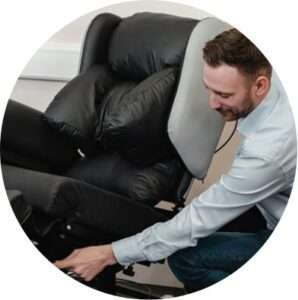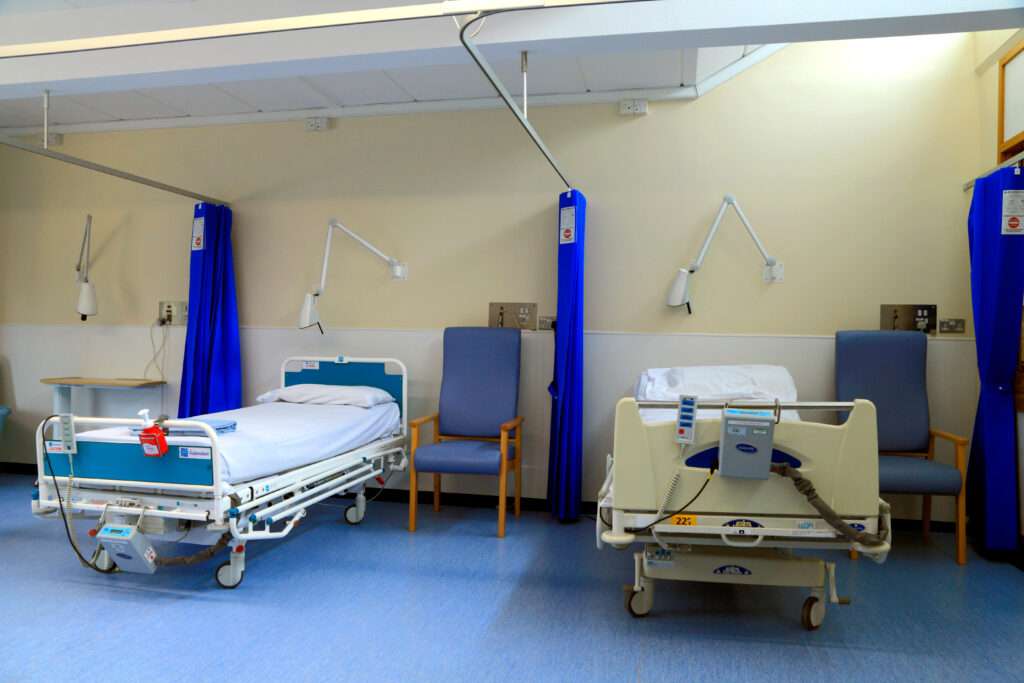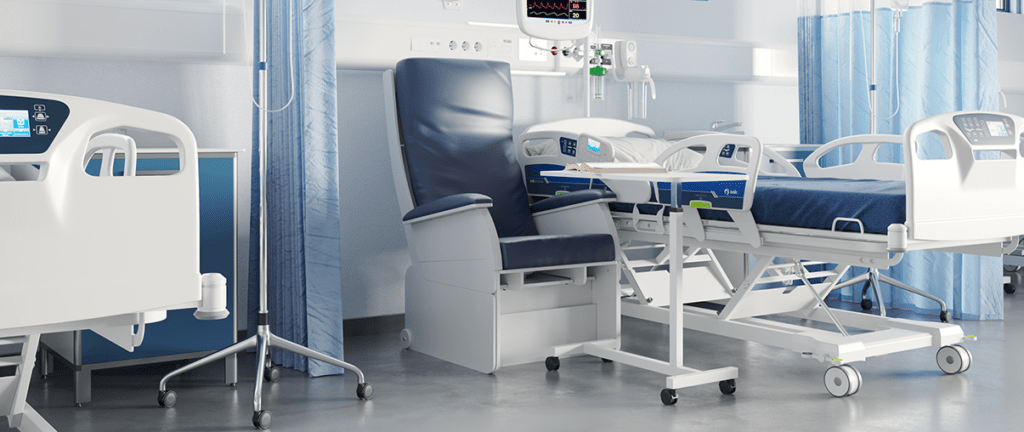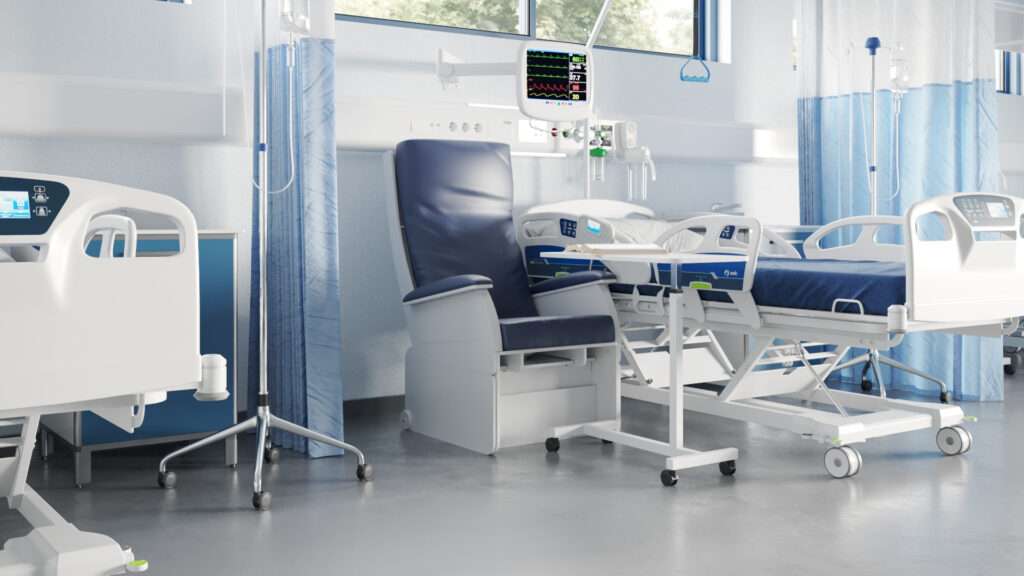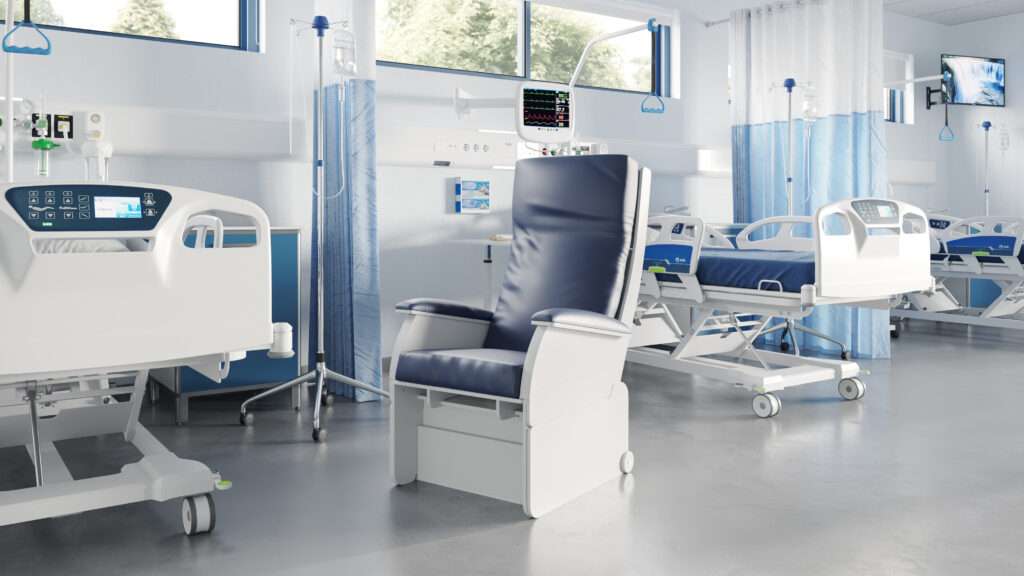The Personal Wheelchair Budget is being rolled out by the NHS to replace the previous wheelchair voucher scheme. The idea is that recipients can now have more choice when it comes to choosing a wheelchair that will suit their needs.
So how it is different and how does it work?
What is the Personal Wheelchair Budget?
The Personal Wheelchair Budget (PWB) is a financial allowance provided by the NHS to help people choose the right wheelchair for their needs. The PWB gives you more freedom over which chairs you can choose from and it’s available to people who are using the NHS wheelchair services.
The specification of your wheelchair and the PWB option will be determined after you have had a wheelchair assessment.

The Personal Wheelchair Budget is being rolled out across different NHS trusts to replace the wheelchair voucher scheme.
How is the Personal Wheelchair Budget different?
The PWB has been set up with the hope that the system will run a lot smoother than previously. The NHS hopes that the changes will speed up the process of getting a wheelchair that will suit the person’s needs.
The PWB offers more flexibility in terms of the wheelchairs you can choose from and where you can get them from. Not all wheelchair suppliers and retailers were on the voucher scheme, whereas the PWB can be used practically anywhere.
It also gives control back to the individual. The PWB is part of a larger programme of health budgets, so you can make sure that the funding that goes towards your health and your care can best suit your individual needs.
How does the Personal Wheelchair Budget work?
There are three options within the PWB scheme. These are:
Notional PWB (standard NHS provision)
- This covers you for the cost of a basic wheelchair that will address all the needs identified in a wheelchair assessment.
- The wheelchair will remain the property of the NHS. The NHS will oversee any maintenance and repairs of your wheelchair.
Notional PWB with a contribution
- This covers the NHS’ standard PWB provision, but with an added contribution from a charity or organisation. This is a good option for someone needing a wheelchair with additional features.
- The wheelchair will remain the property of the NHS. The NHS will oversee any maintenance and repairs of your wheelchair.
Third Party PWB
- Third Party PWB means you can use your wheelchair budget towards a chair that is bought from an independent retailer outside of the NHS (you may also use your own personal funds or charitable funds to cover the cost). This is a good option for someone needing a completely bespoke wheelchair and is only allowed if it has been agreed to be appropriate by an occupational therapist.
- You will own the wheelchair. This option also covers a contribution to the maintenance of your wheelchair, but you will be liable for the cost.
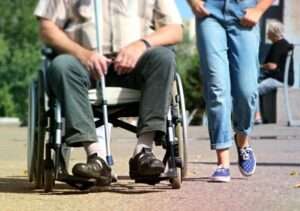
The type of PWB you are offered will depend on the specification of your wheelchair. This will all be determined with a wheelchair therapist who can verify your needs and what your chair needs to offer.
Summary
The PWB gives more freedom to the recipient so that they can get the right wheelchair for their needs. The PWN option prescribed to you will match the level of wheelchair you need, whether it’s basic or bespoke.
However, we would warn anyone looking to use a provider outside the NHS to exercise caution; make sure you research the wheelchairs on offer and ensure they meet your needs. If you need further information on this, contact our team for some free advice.



